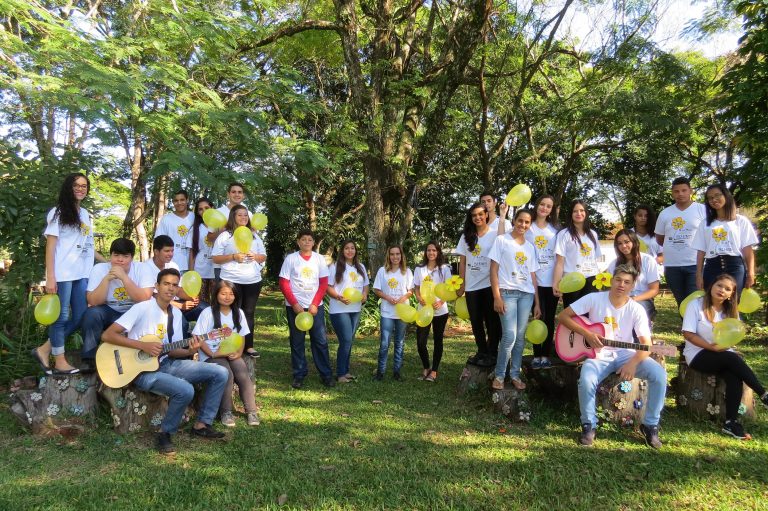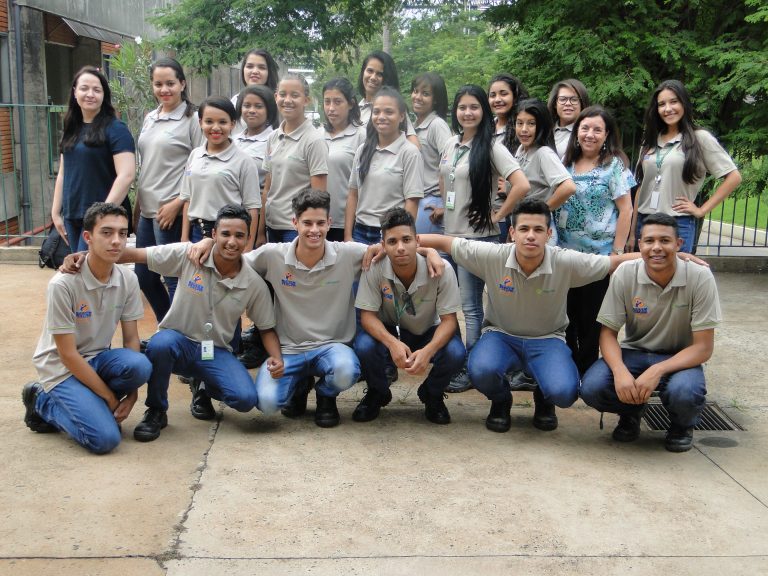- 2 copos de suco de laranja por dia podem diminuir a pressão arterial e reduzir o risco de doença do coração.
Brain Benefits




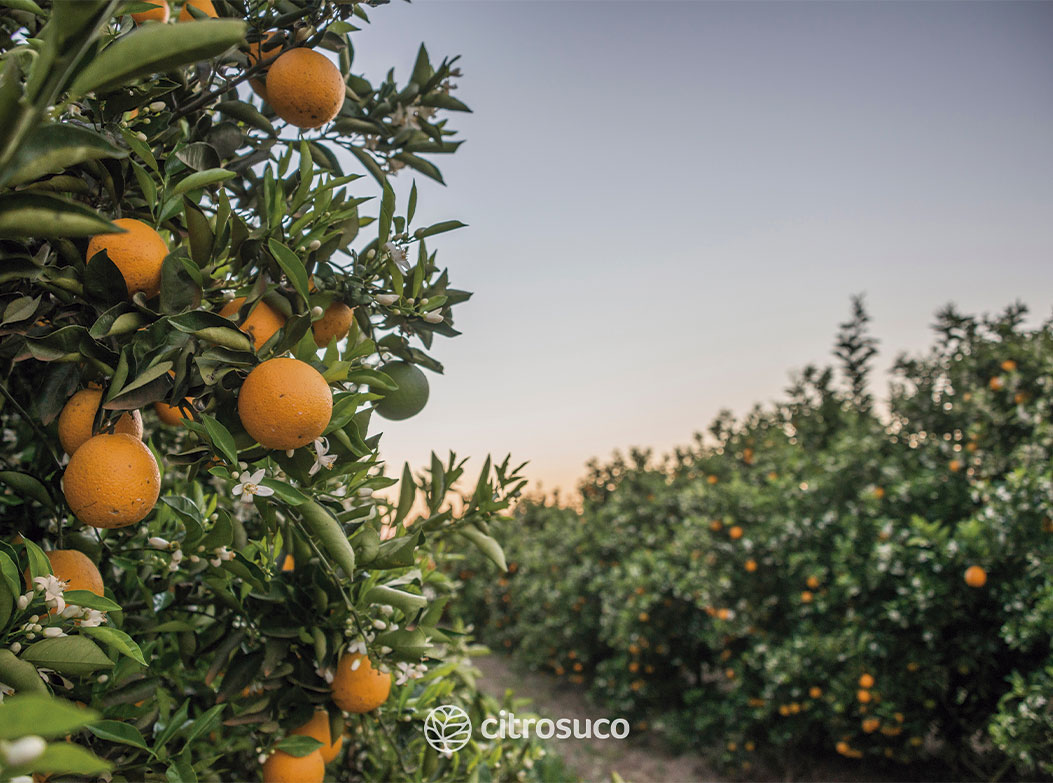
We have built this new cycle of the Trilhar Program with the objective of continuing to enable a more sustainable chain with our producers. In partnership with Produzindo Certo, a company specialized in supporting companies and producers in the strengthening of sustainable agriculture, we developed a survey to help you get to know your property better, receiving a free checklist that will help to understand better the necessary requirements for a sustainable production. This is a trajectory that we will plan together, outlining diagnoses, paths, and improvements.
With the Trilhar Program, we can continue to build a better citrus farming industry together and produce more responsibly. On this journey, we invite partner producers to reinforce their commitment to producing their orchards in a socially and environmentally responsible manner by ensuring adequate working conditions for employees and using natural resources responsibly, ensuring the continuity of their production.
Learn more: https://www.programatrilhar.com.br/
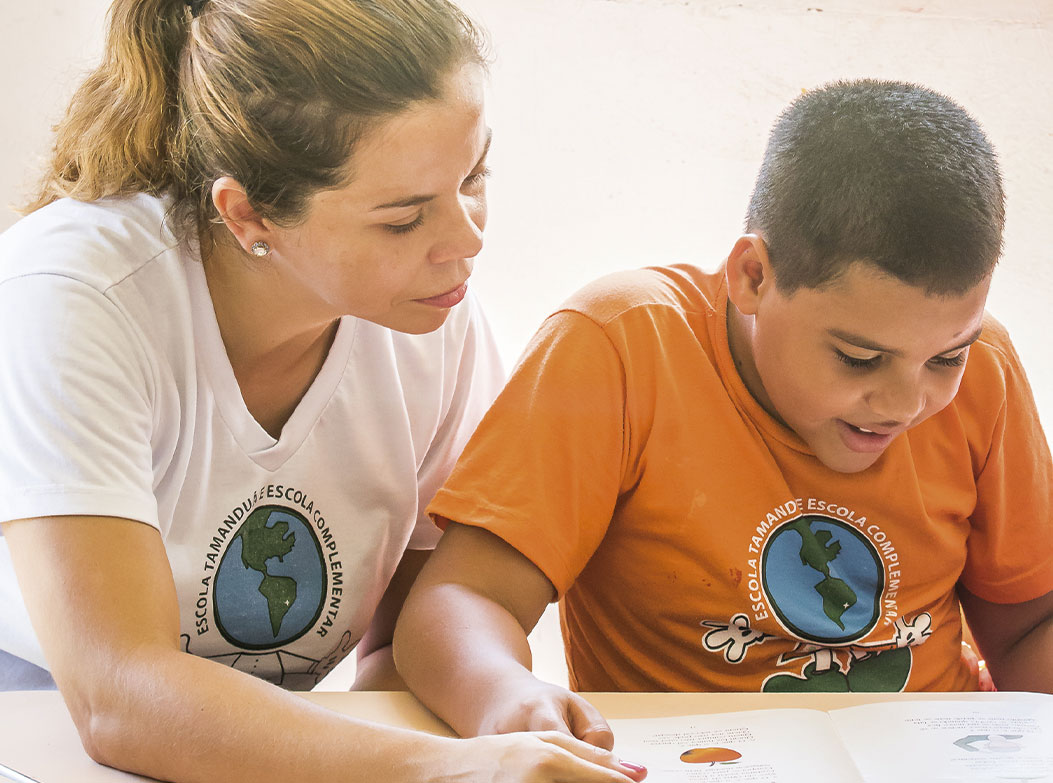
With a similar purpose to the PVE, the Complementary School (Escola Complementar, in Portuguese) supports the quality of educational and cultural actions in the period when children from rural municipal schools in Matão are not at school. Being the only one in this area of the city, it has extra-class activities related to art, sports, music, and environmental care, as well as monitoring by phonoaudiologists and psychopedagogists. The actions take place at Cambuhy Farm in partnership with Cambuhy Agrícola and Citrosuco, benefiting 42 children.
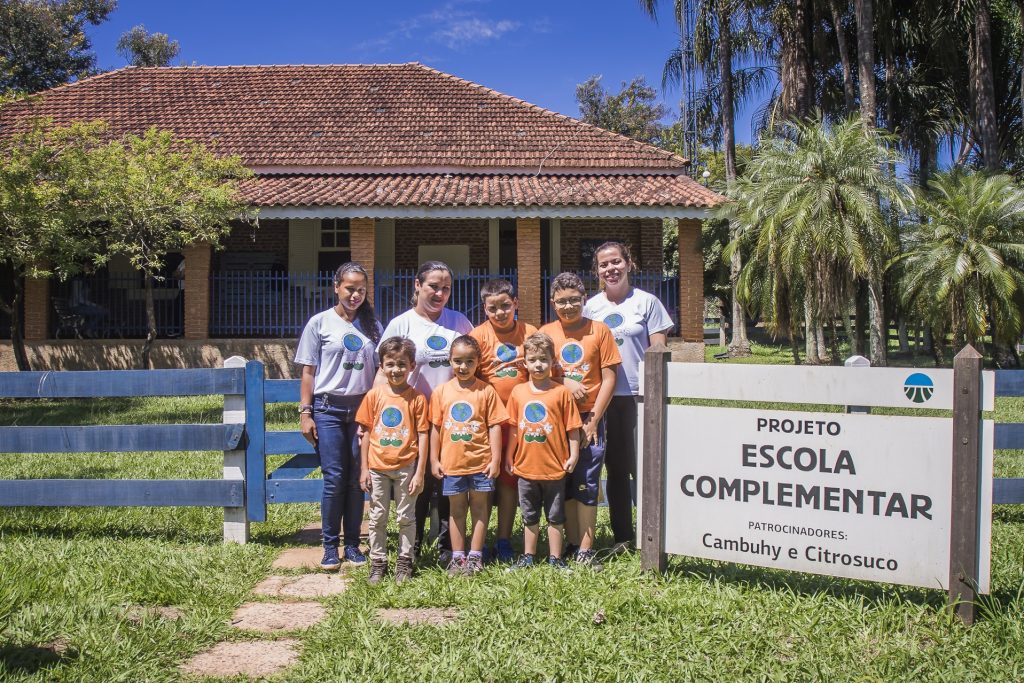

The Center develops, in partnership with SESI Matão, the improvement of the quality of life and self-esteem of these people, favoring the process of inclusion and citizenship among all those involved. The project serves 40 people with disabilities, offering them the practice of different sports activities, especially swimming.

Since 2017, in partnership with Instituto Votorantim, Citrosuco has been developing the project Abrace essa Causa (Embrace this Cause), which guides employees on the allocation of personal income tax to social projects related to children and young people in social vulnerability, through the Municipal Fund of the Rights of Children and Adolescents (FMDCA). In addition to Embrace this Cause project, the company contributes with its own financial resources. The resources allocated to the FMDCA in 2021 help projects from five municipalities. They are: Equoterapia, which is supported by APAE (in Matão); Criança Cidadão do Futuro (in Catanduva); Creche Azul… Tecendo Sonhos (in Araraquara); Capacitando para o Futuro (in Araras); and Formando Cidadãos (in Itapetininga).


The initiative, which is in partnership with Instituto Votorantim, is focused on education and seeks to contribute to improving the quality of municipal public education, with the motto “Being present makes the difference”. In 2021, Citrosuco developed the program in six municipalities in the state of São Paulo: Angatuba, Ibitinga, Itapetininga, Matão, Nova Europa, and Nova Granada, always in partnership with the municipal education secretariats and Instituto Votorantim, working in two areas: social mobilization, which focuses on the strengthening of the social value of education (qualifying the demand); and supporting school management, which focuses on the strengthening of local public policies (qualifying the offer).

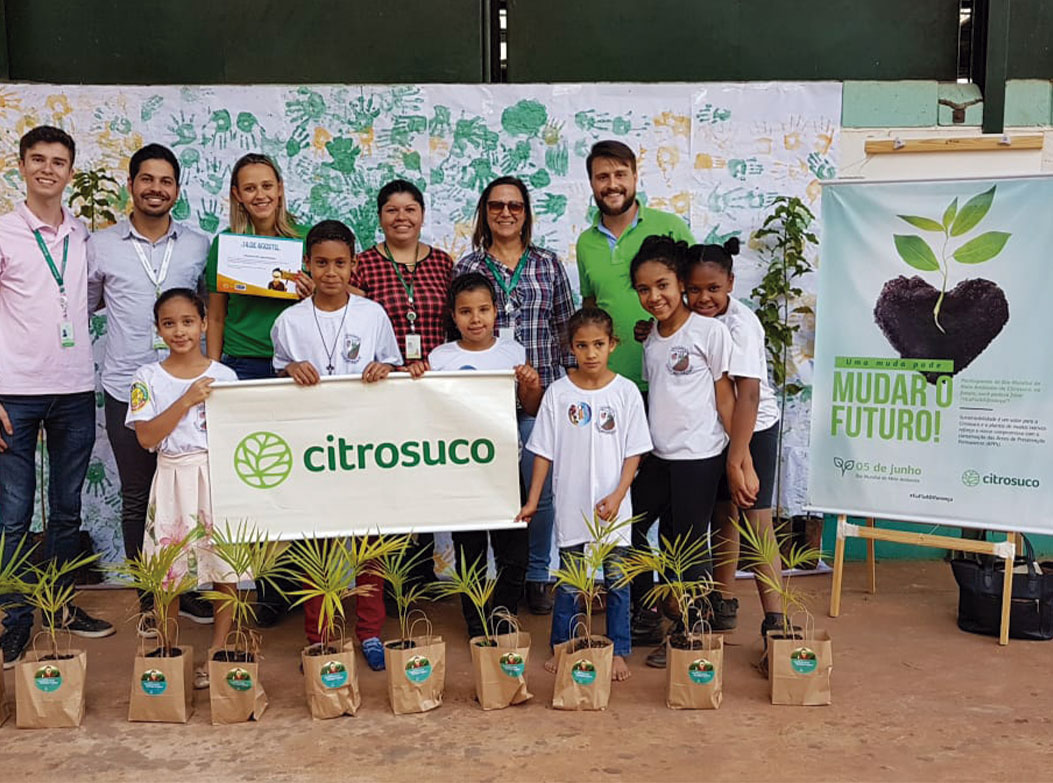
Held in partnership with Cooperativa de Recebimento de Embalagens de Defensivos Ariar, it encompasses educational actions to promote proper waste management in rural areas. In 2018, 500 native tree seedlings were distributed, and 1.8 thousand public school students were impacted.
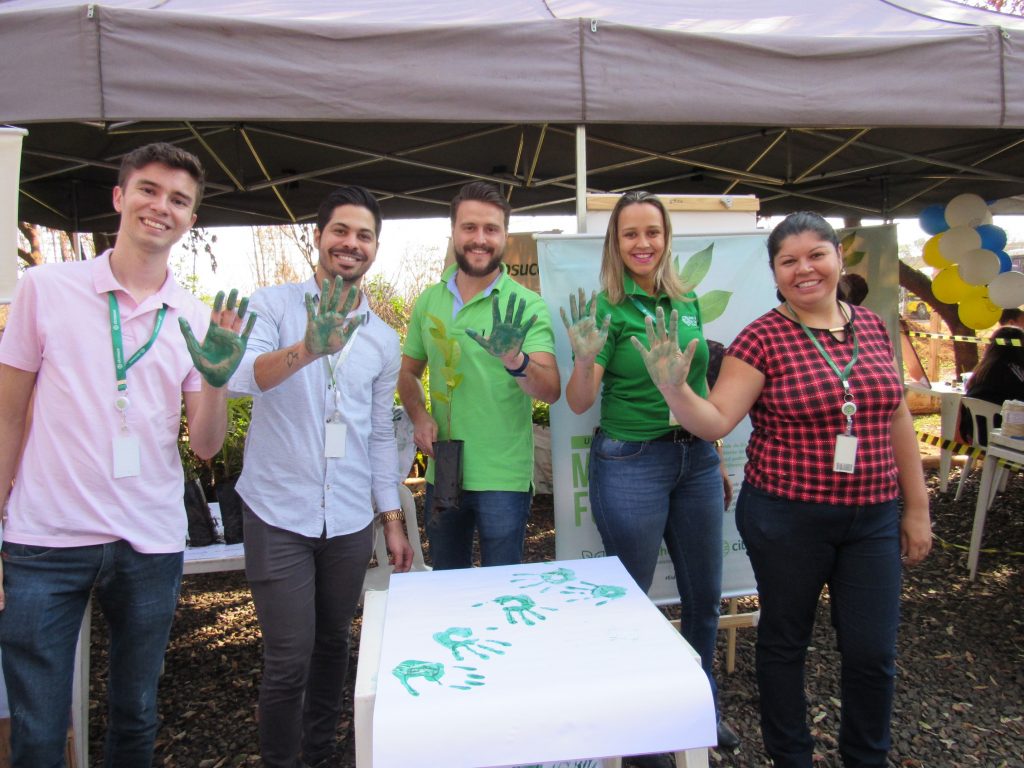

It promotes young people’s access to the job market, by supporting their professional training and establishing connections between their interests and market opportunities. The activities take place in the municipalities of Matão, Catanduva, and Iaras.
